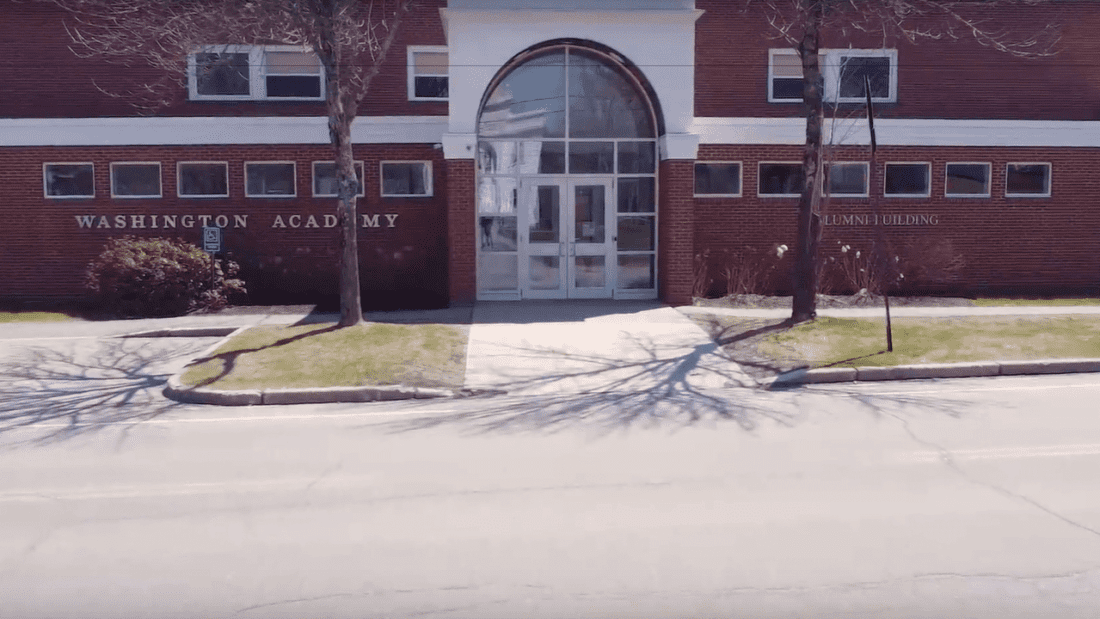Legislation reinstating the requirement that private schools in Maine that receive public funds provide an annual financial audit to the state was signed into law on June 1, after the legislature passed the bill.
The bill, sponsored by Rep. Rebecca Millett of Cape Elizabeth, was amended by the Education and Cultural Affairs Committee to give the private schools a six-month window after the school’s audit period to provide the audit to the state.
The legislation also now specifies the requirement is for schools that enroll 60% or more publicly funded students.
The measure had been opposed by the private schools during a public hearing held in March. Michael McQuarrie, the president of the Maine Association of Independent Schools, testified that the measure was part of “an increasing desire to strip the town academies of their independence.”
However, concerns have been raised recently about the lack of financial accountability for the private high schools in Maine, including Washington Academy in East Machias, that actually receive most of their monies through public funding.
The percentage of local students at private academies in the state who are publicly funded ranges from 99% at Maine Central Institute to 80% at Thornton Academy, with the percentage at Washington Academy being 85%.
A former Spanish teacher at Washington Academy, Esther Alicia Kempthorne, who experienced racist incidents at the school, including finding a noose in her classroom, said, “LD 100 would have never happened without the courageous stand our daughter, Natalia Kempthorne‑Curiel, took in 2020 when she started a petition for positive changes at Washington Academy.”
Her petition had stated that because the school receives local, state and federal funding, the school’s budget “should be transparent to students, parents and teachers and the broader community to hold the school accountable and keep the entire student body safe.”
Kempthorne, who resigned as a Washington Academy teacher and moved with her family out of the state because of concerns about their safety, said, “LD 100 will force the schools like Washington Academy to be transparent to the towns that fund them and will hopefully open a discussion that these publicly funded schools should have elected school boards and public meetings with parents and board members to discuss how they manage the local taxpayers’ money.”
According to the Maine Department of Education, school administrative units paid the private schools in the state $53 million in public tuition funding last year and $82 million for all services provided.
“Every year taxpayers raise millions of dollars to support the education of the students in their towns,” Eileen King of the Maine School Management Association testified during the legislative hearing. “It is not unrealistic to expect that all schools, public and private, provide transparency and are held accountable for the management and expenditure of these funds.”
This story was originally published by the Quoddy Tides, and is republished here with permission.







